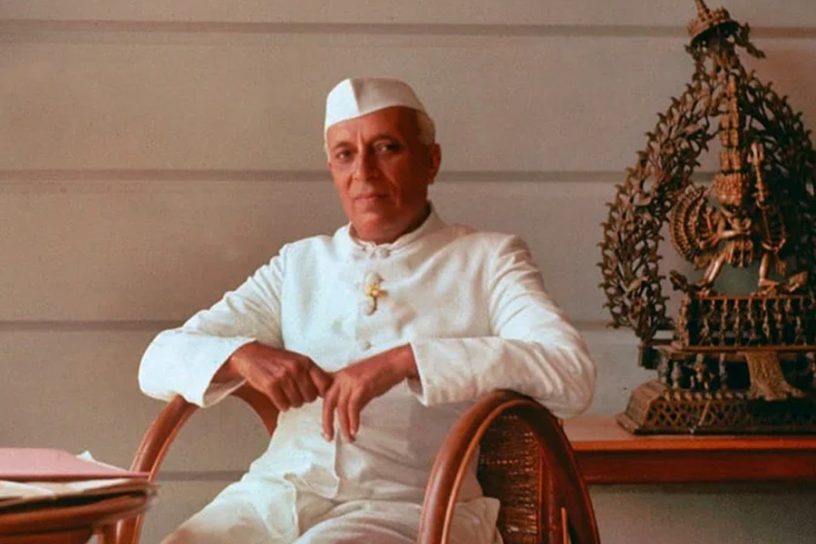
Jawaharlal Nehru’s approach was consistent with that of an economic nationalist.
Author
Prabhash Ranjan, Professor and Vice Dean, Jindal Global Law School, O.P. Jindal Global University, Sonipat, Haryana, India.
Summary
Jawaharlal Nehru was the architect of modern India. He took over India’sreins at the time of Mahatma Gandhi’s murder, the bloody Partition of India, and when India had been left devastated by colonial rule. Nehru strove to build modern democratic institutions, a secular State, and a pluralist nation. He also crafted public sector enterprises, inaugurated India’sspace programme, encouraged fellow citizens to adopt a scientific temperament, and laid emphasis on technical education and skill development through the establishment of the IITs and the IIMs.
Yet, Nehru is being lampooned in the 75th year of Independence. There is a full-fledged effort to malign his legacy. Ill-informed critics paint Nehru as someone who had a doctrinaire belief in socialism. Nothing can be further from the truth. I focus on a specific economic policy of Nehru to prove that his approach to economics was rooted in nationalism and pragmatism and not in some ‘red book’.
At the time of Independence, the temptation to use the newly-acquired political freedom to usurp foreign investment was high. This manifested in the form of hostility towards foreign investment. There was a wave of nationalisation of foreign investment sweeping through the world. ButNehru understood the significance of foreign investment in a country starved of capital.
On April 6, 1949, Nehru laid down the foreign investment policy statement in the Constituent Assembly that noted that his government would encourage new foreign capital on mutually advantageous terms.
He promised ‘national treatment’ to foreign investors, assuring them that no restrictions would be imposed on remitting profits and dividends. Further, the statement noted that although majority ownership by Indians was preferred, foreign capital having control over a company for a limited period would not be objected to.
Published in: The Telegraph
To read the full article, please click here.


